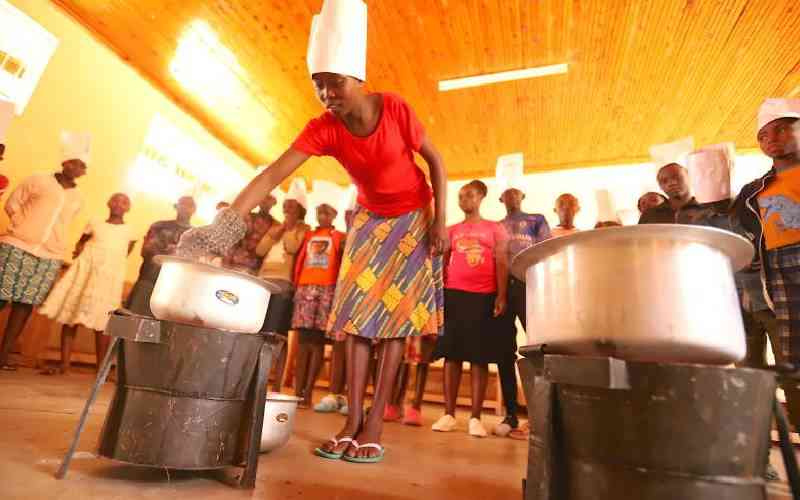×
The Standard e-Paper
Fearless, Trusted News

Stakeholders in the education sector are sharply divided over the fate of the Competency-Based Curriculum (CBC) as public participation on the fate of the curriculum laid bare the fears and weaknesses that has bedevilled the implementation of CBC.
In several forums held across the country, some stakeholders have been pushing for the suspension of CBC, saying its implementation was rushed by the government.